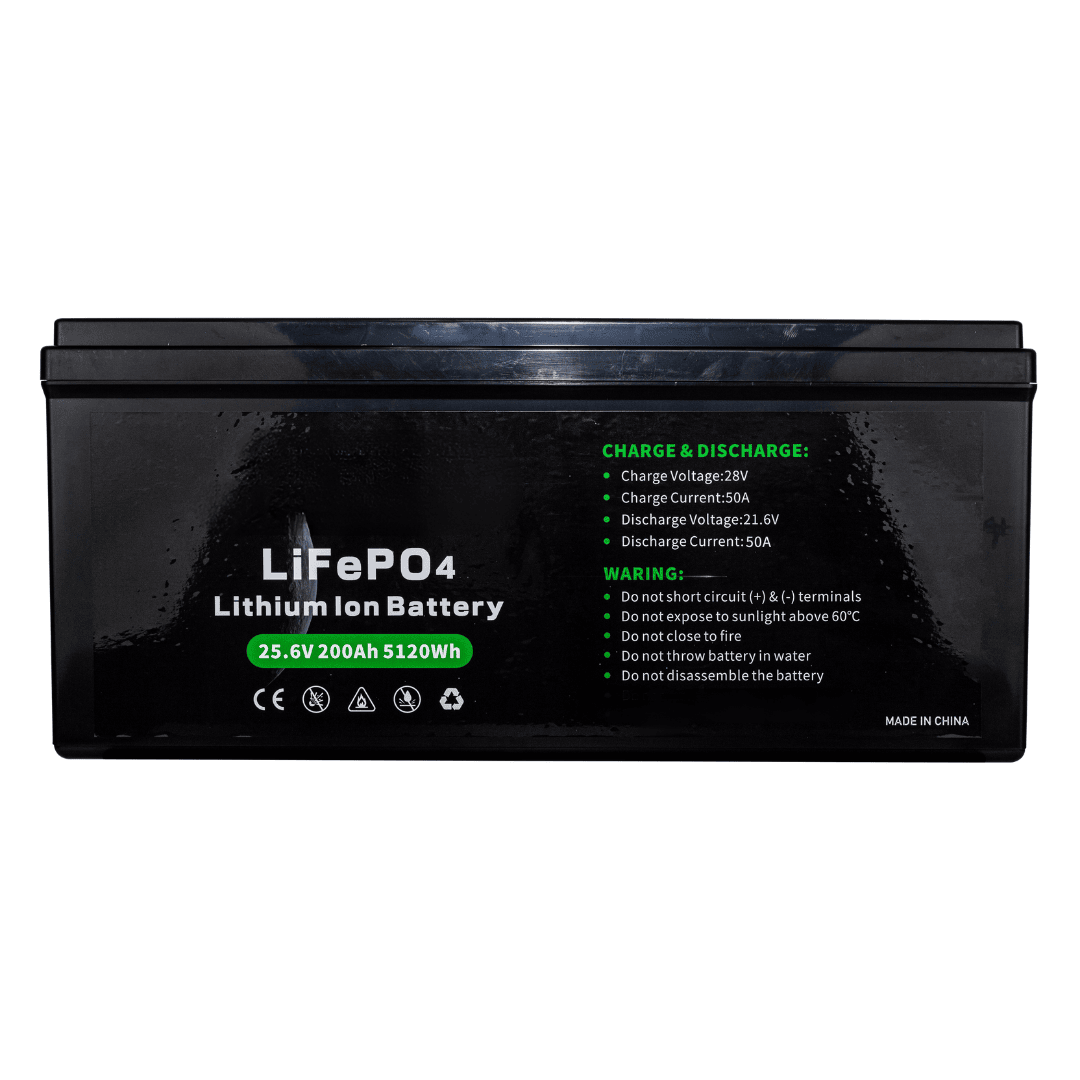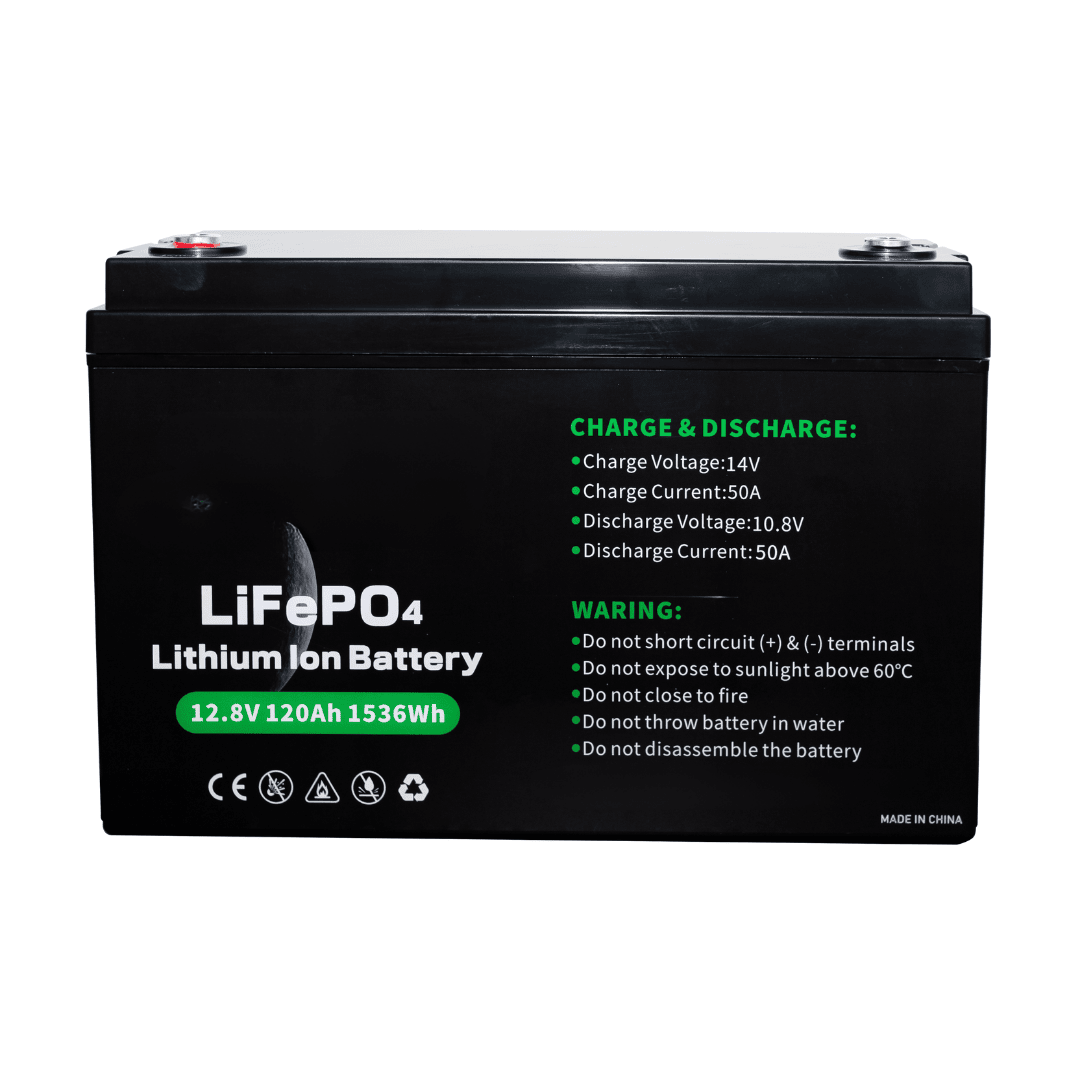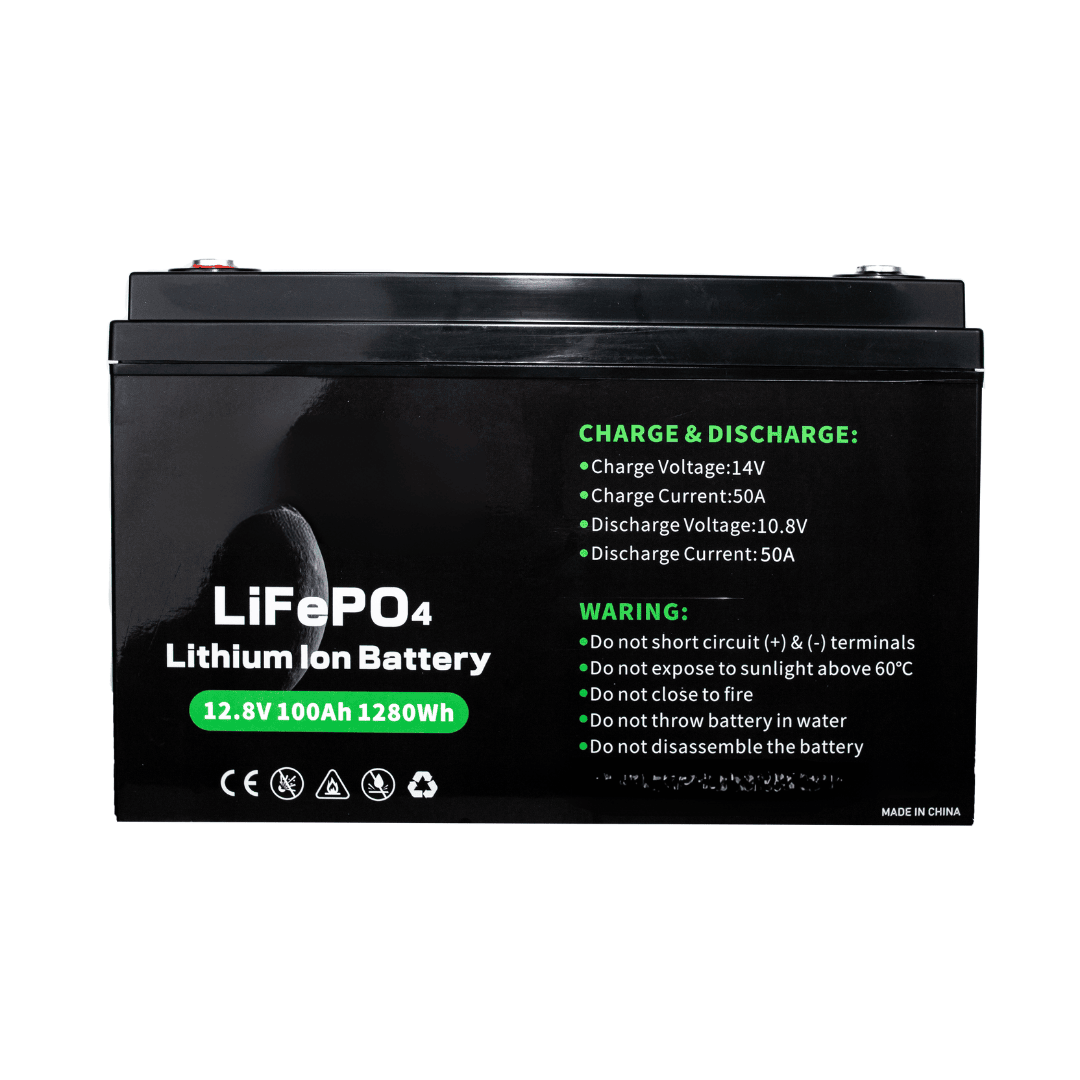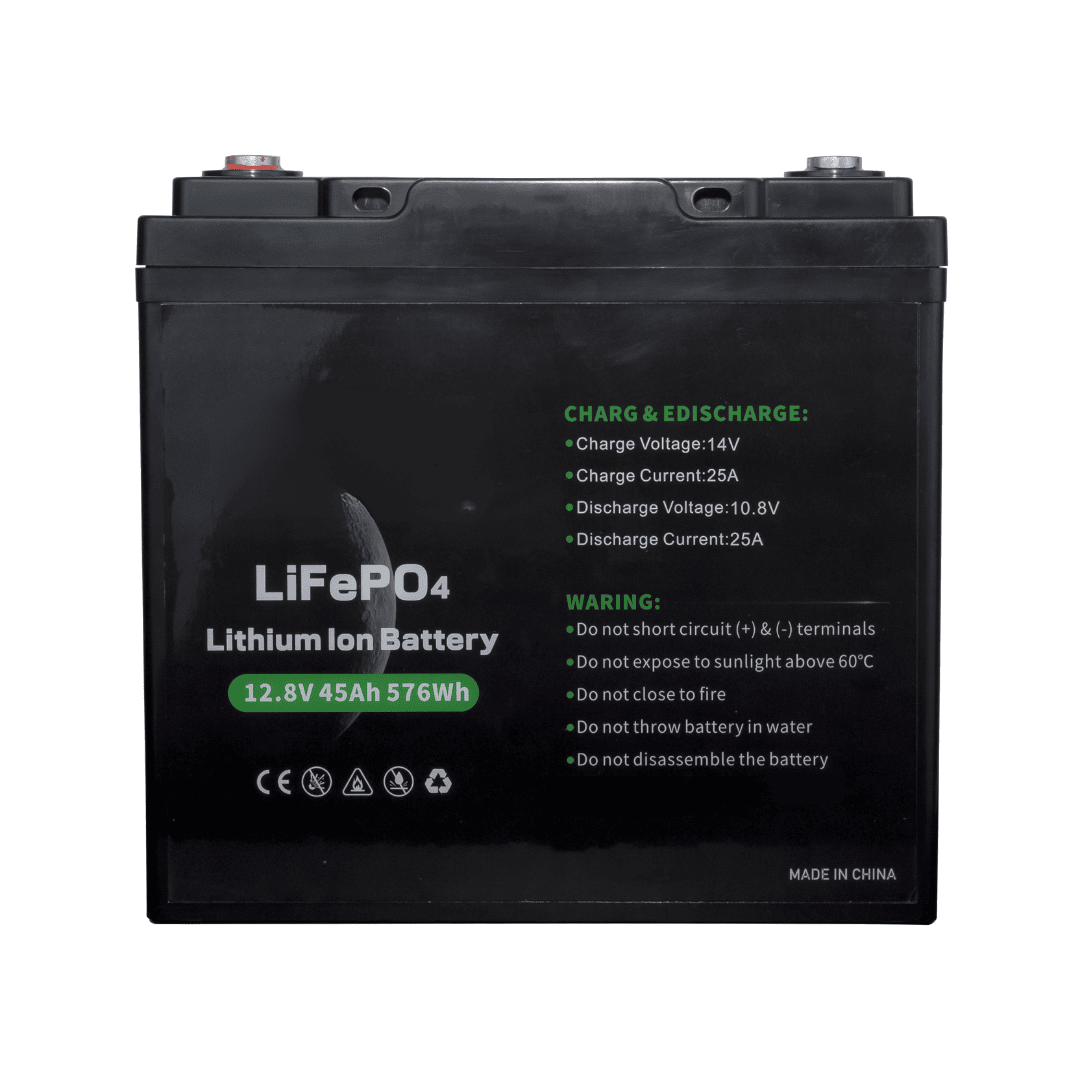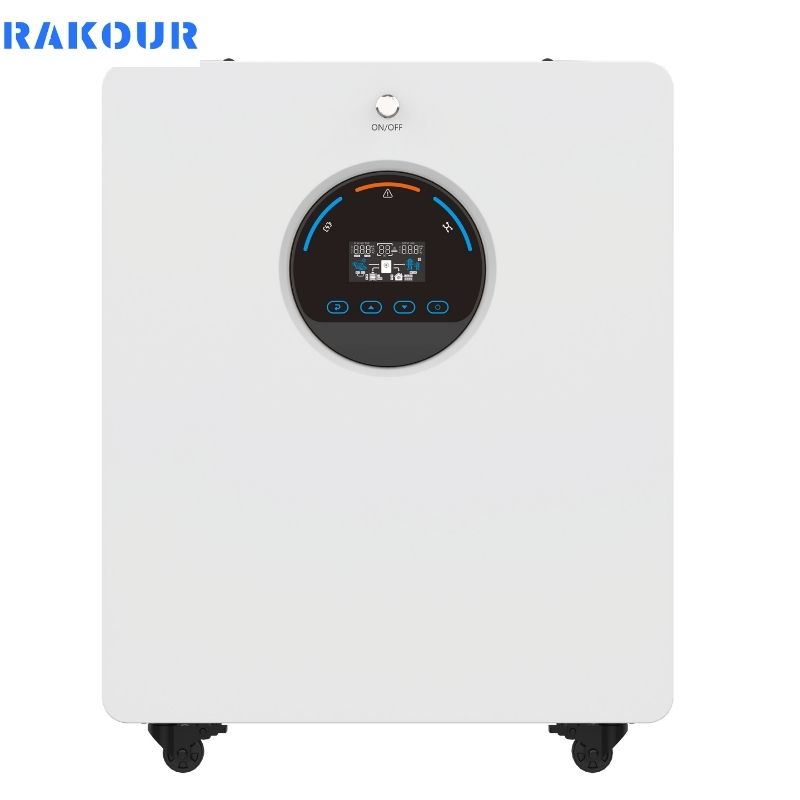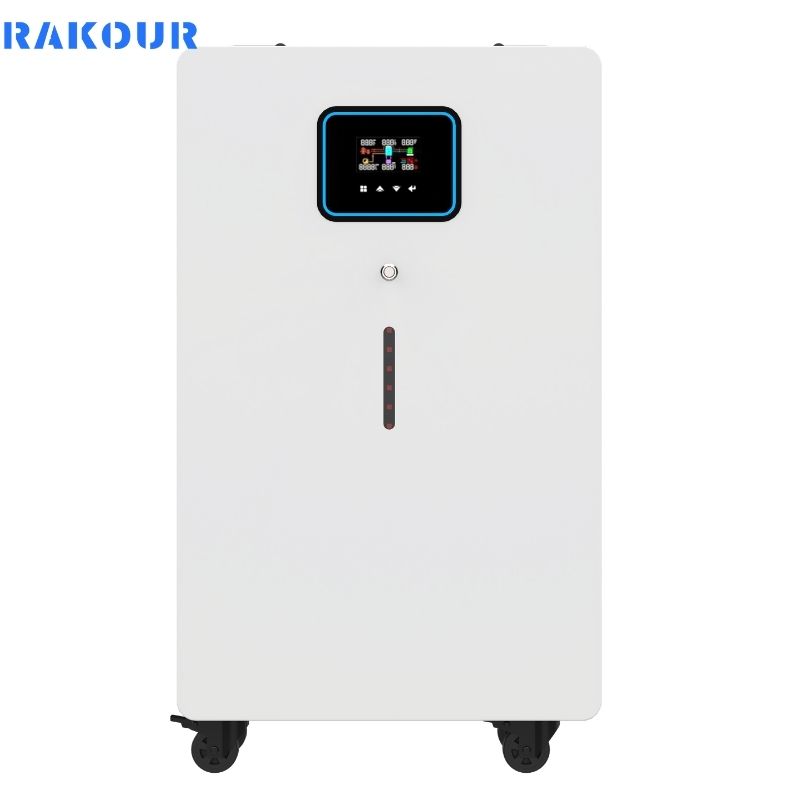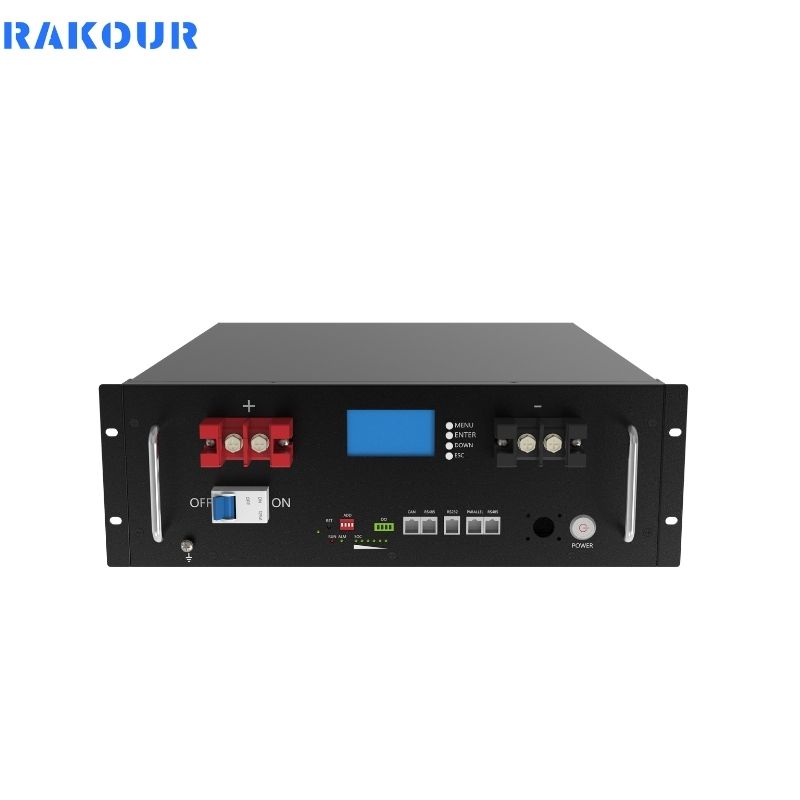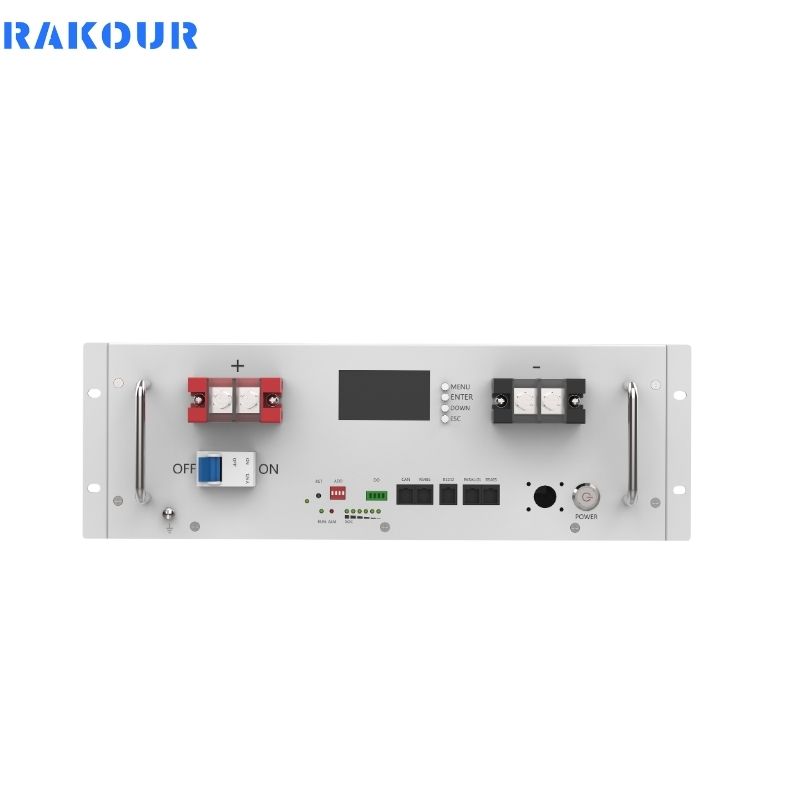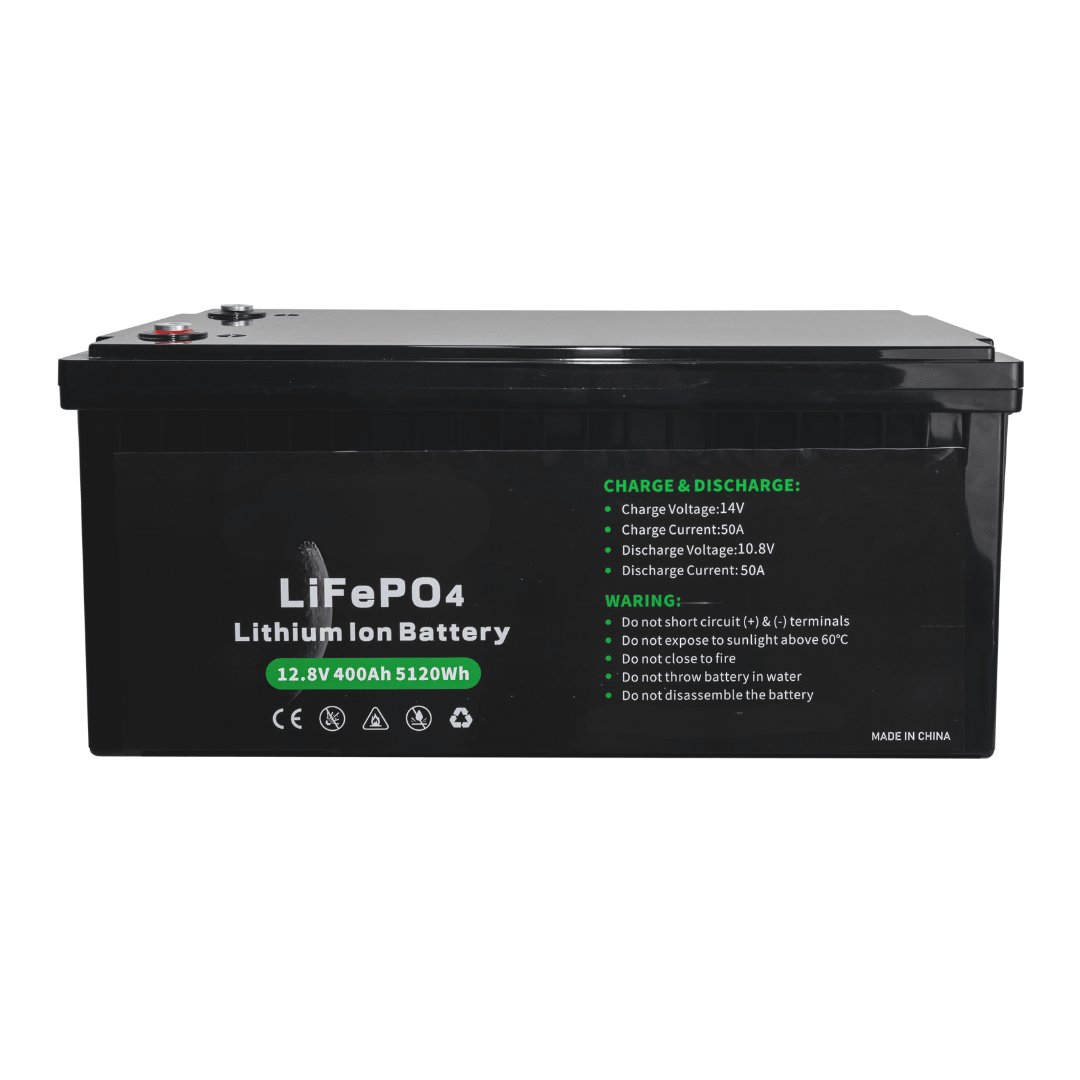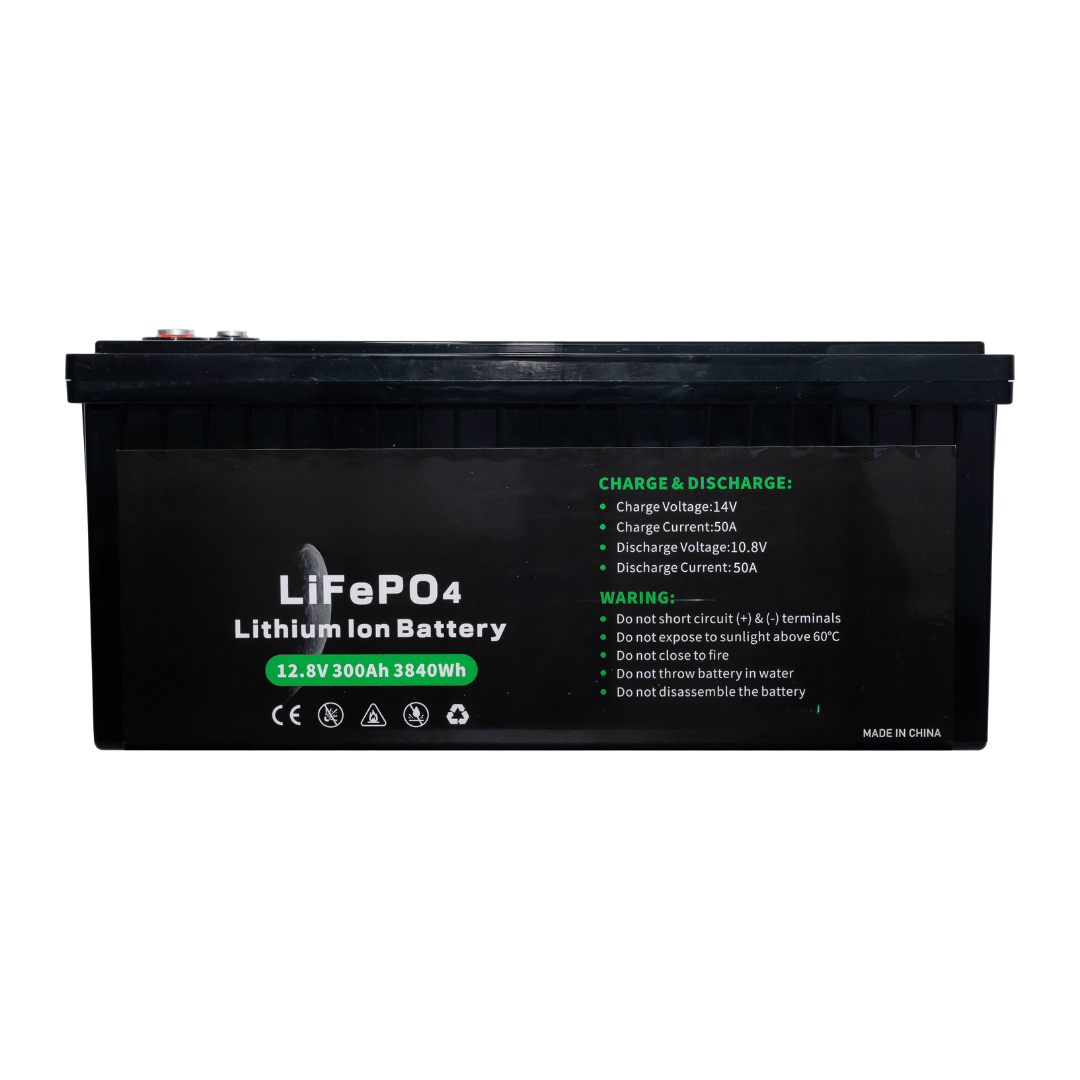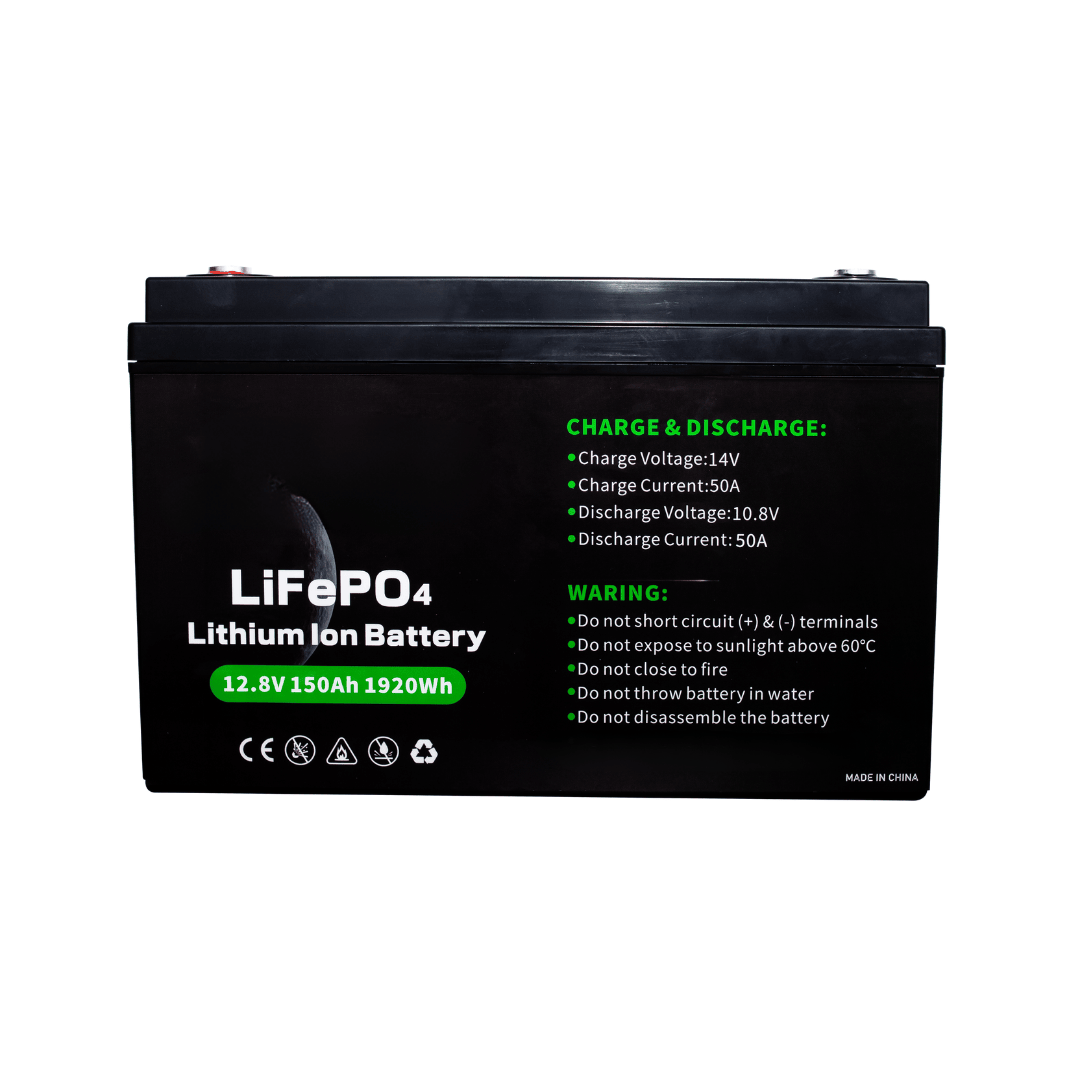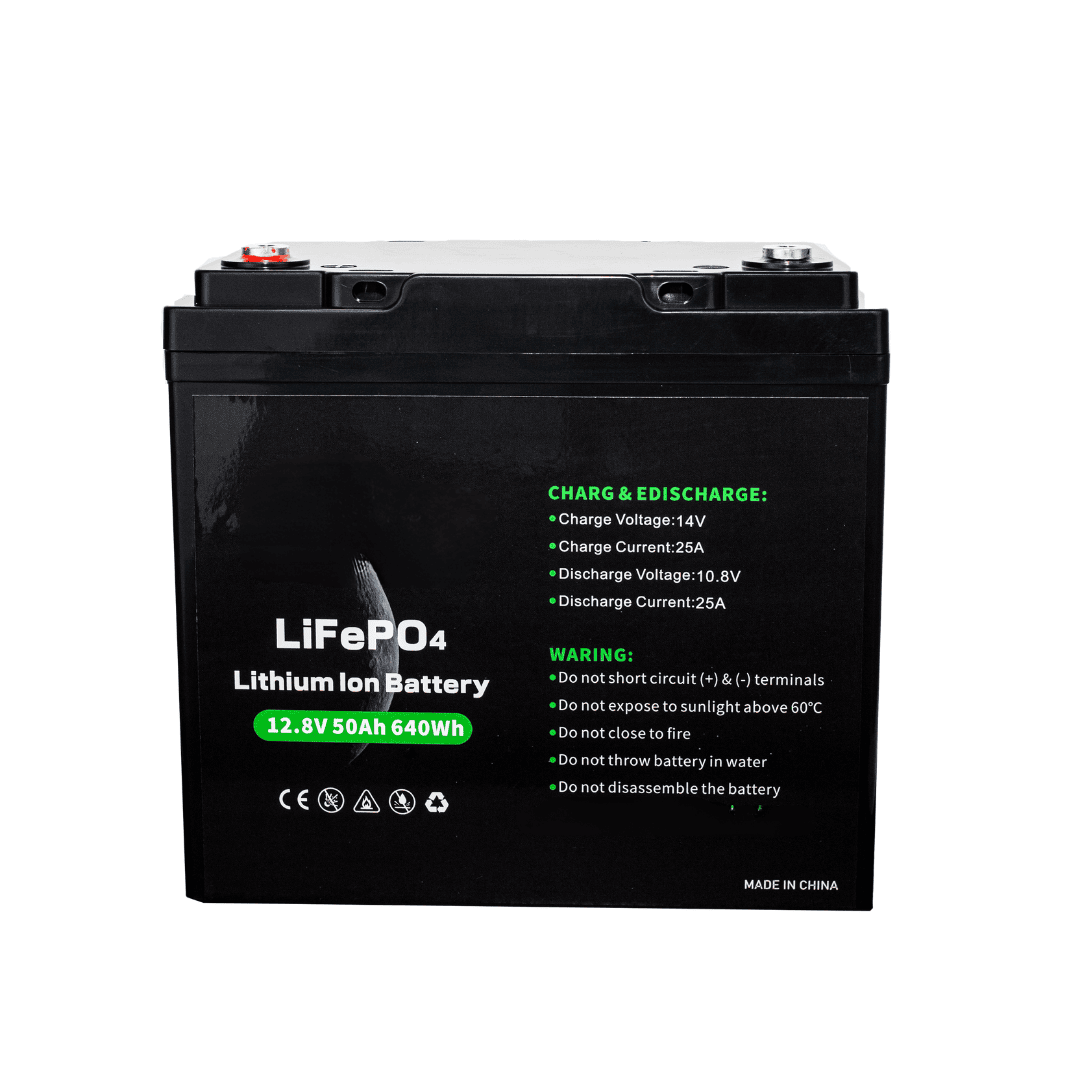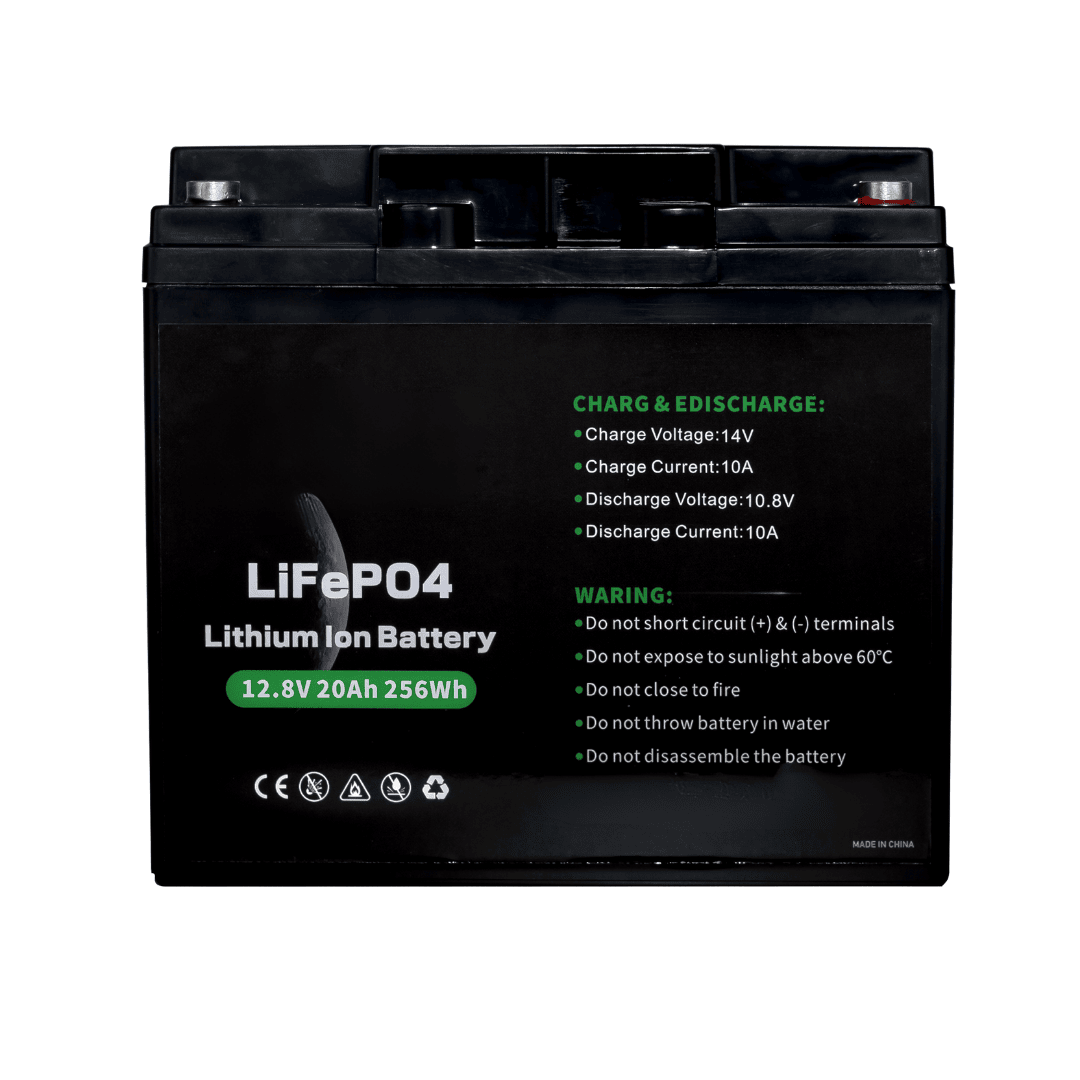Introduction to Lithium Batteries in Marine and RV Applications
Lithium batteries have revolutionized the way we power our boats and RVs, offering a modern solution that aligns with the needs of today’s outdoor enthusiasts. As more people embrace the freedom of travel and adventure, understanding the benefits of using a 12v lithium marine battery is crucial. This blog will provide an in-depth look at the advantages, considerations, and installation requirements associated with lithium batteries, particularly focusing on the 12v lithium ion battery marine applications.
At the forefront of battery technology, Lithium Iron Phosphate (LiFePO4) batteries stand out due to their impressive characteristics. They are not only lighter but also more efficient than traditional lead-acid batteries. This efficiency translates into longer usage times and faster recharges, which are essential for anyone spending time on the water or on the road. However, while the benefits are substantial, it is important to consider installation complexities and compatibility with existing systems to ensure optimal performance.
In this article, we will explore why transitioning to a 12v lithium ion marine battery could be one of the best decisions for your boating or RV experience.
Benefits of Using a 12v Lithium Marine Battery
A. High Energy Density and Efficiency
One of the most compelling reasons to choose a 12v lithium marine battery is its high energy density. Unlike traditional lead-acid batteries that can be bulky and heavy, lithium batteries pack more power into a smaller space. This compact design is particularly advantageous in marine environments where every ounce counts. The lightweight nature of these batteries not only improves boat handling but also enhances fuel efficiency—an essential consideration for any boater. According to Battery University, lithium batteries offer a higher energy density than lead-acid options, making them ideal for applications where weight is critical.
B. Long Lifespan Compared to Traditional Batteries
When it comes to longevity, lithium batteries shine brightly. A 12v lithium ion battery marine can last anywhere from 10 to 15 years with proper care, significantly outpacing the typical lifespan of lead-acid batteries, which usually last around 3 to 5 years. This extended lifespan means fewer replacements and lower costs over time, making lithium batteries a wise investment for boaters looking for reliability.
C. Faster Charging
Another remarkable feature of lithium technology is its rapid charging capability. Boaters often find themselves needing quick recharges during short stops or between excursions; this is where a 12v lithium ion marine battery excels. With charging times significantly reduced compared to lead-acid batteries, you can spend less time waiting for your battery to recharge and more time enjoying your adventures.
D. Low Maintenance
RequirementsMaintenance can be a hassle for any boat owner; however, with lithium batteries, this concern is largely eliminated. A 12v lithium ion battery marine requires little to no maintenance—no need to check water levels or clean terminals regularly as you would with lead-acid options. This convenience allows boaters to focus on what truly matters: enjoying their time on the water without worrying about battery upkeep.
Advantages of Lithium Batteries for RV Use
A. Weight Efficiency
For RV owners, weight efficiency is paramount. The lighter weight of lithium batteries compared to traditional lead-acid options can enhance fuel efficiency while reducing strain on your vehicle’s suspension system. A 12v lithium ion marine battery can offer significant weight savings that translate into better handling and improved overall performance during travel.
B. Longer Lifespan and More Usable Capacity
Lithium batteries not only last longer but also allow deeper discharges without risking damage—a feature that makes them particularly appealing for RV use. While lead-acid batteries should not be discharged below 50% capacity, lithium options can safely be discharged down to 20% or even lower without affecting their lifespan. This increased usable capacity means RV owners can rely on their systems longer without frequent recharges.
C. Maintenance-Free Operation
Similar to their marine counterparts, lithium batteries used in RVs do not require regular maintenance like topping off water levels or cleaning terminals. This feature aligns perfectly with the mobile lifestyle many RV owners embrace—spending less time on maintenance means more time exploring new destinations.
If you’re considering upgrading your RV’s power system with a reliable solution like a 12v lithium marine battery, don’t hesitate to reach out for expert guidance! Contact us here to learn more about your options.
Understanding Lithium Iron Phosphate (LiFePO4) Batteries
A. Safety Features and Stability
When discussing lithium technology, Lithium Iron Phosphate (LiFePO4) deserves special attention due to its safety profile. These batteries are less prone to thermal runaway compared to other lithium-ion chemistries, making them a safer choice for both marine and RV applications when installed correctly (UL Research Institutes).
B. Comparison with Other Lithium Chemistries
While there are various types of lithium batteries available on the market, LiFePO4 stands out for its stability and safety features. Other chemistries may offer higher energy densities but often come with greater risks associated with overheating or fire hazards—risks that LiFePO4 effectively mitigates.
C. Applications in Marine and RV Settings
The robust nature of LiFePO4 makes it suitable for both marine environments—where exposure to moisture and temperature fluctuations can be extreme—and for RVs that may encounter varied climates during travel.
Installation Considerations for Lithium Batteries
A. Importance of Battery Management Systems (BMS)
Installing lithium batteries requires careful consideration of a Battery Management System (BMS). A BMS monitors voltage levels, temperature fluctuations, and overall battery health, ensuring safe operation under various conditions while maximizing performance (Clean Energy Institute).
B. Charging System Compatibility
Existing charging systems on boats or RVs may require upgrades to accommodate lithium technology effectively. For instance, many boats operate on higher voltage systems (48V or more), necessitating compatibility checks with the new battery system to ensure seamless integration.
C. Professional Installation Recommendations
Given the complexities involved in installing 12v lithium marine batteries, consulting with professionals is advisable to avoid safety risks associated with improper installation or system mismatches.
If you’re ready to make the switch but unsure where to start, our team is here to help! Contact us today for personalized advice on integrating lithium technology into your setup.
Cost Analysis: Are Lithium Batteries Worth the Investment?
A. Upfront Costs vs Long-term Savings
While the initial cost of lithium batteries may be higher than that of lead-acid options, their longevity and reduced maintenance needs often result in lower costs over time—making them an economically sound choice for boaters and RV owners alike (McKinsey).
B. Comparing Lifespan and Maintenance Costs
When evaluating costs, it’s essential to consider both lifespan and maintenance expenses associated with battery types—lithium’s long lifespan significantly reduces replacement frequency compared to lead-acid options.
Common Misconceptions About Lithium Batteries
A. Debunking Myths Surrounding Safety and Reliability
Despite their advantages, misconceptions about safety risks associated with lithium technology persist among potential users (Stanford News). Understanding that LiFePO4 offers enhanced safety features can help alleviate these concerns while promoting informed decision-making.
B. Clarifying Performance Expectations
Many users may underestimate the performance capabilities of lithium batteries, believing they cannot handle high power demands as effectively as traditional options—this is often not true when properly matched with appropriate systems.
Lear Our Realted Products
recommended reading
Conclusion
In summary, both boats and RVs can benefit significantly from using 12v lithium marine batteries, particularly those based on LiFePO4 technology due to their high energy density, long lifespan, fast charging capabilities, and low maintenance requirements.
For those considering an upgrade from traditional battery systems, transitioning to a 12v lithium ion battery marine represents a forward-thinking choice that enhances efficiency while providing reliable power solutions for your adventures on land or water—ensuring you’re always ready for your next journey into the great outdoors!
To learn more about whether it’s worth spending extra on lithium batteries specifically designed for trolling motors or how they compare against AGM alternatives, check out our articles on trolling motor battery investments and lithium deep cycle vs AGM. Additionally, if you want insights into using these advanced batteries in your boat or RV setup specifically, visit our pages discussing the use of lithium in boats and RVs as well as the benefits and drawbacks compared to lead-acid options and how boat owners benefit from LiFePO4 technology.
Learn How RAKOUR Can help you deploy
future-proof energy
Our team of energy storage experts will take the time to fully understand your business, challenges , and opportunities.

How to Build Your Own Golf Cart Battery with 3.7V Batteries
Building your own golf cart battery using 3.7V lithium-ion cells can enhance performance and save

Extend Your Journey with Efficient RV Batteries
Explore how efficient RV batteries enhance your travel experience. This article delves into the importance,

Maximizing Li Ion Battery Lifespan
Explore effective strategies for maximizing the lifespan of li ion batteries, focusing on best practices,

LiFePO4 Lithium Battery: Safety First
LiFePO4 (Lithium Iron Phosphate) batteries are recognized for their superior safety features compared to other

How LiFePO4 Lithium Battery Works
LiFePO4 (Lithium Iron Phosphate) batteries are renowned for their safety, longevity, and efficiency. This article

Do I use a lithium battery instead of a regular car battery?
The 12v lithium battery stands out in the automotive and energy sectors due to its
FAQs



